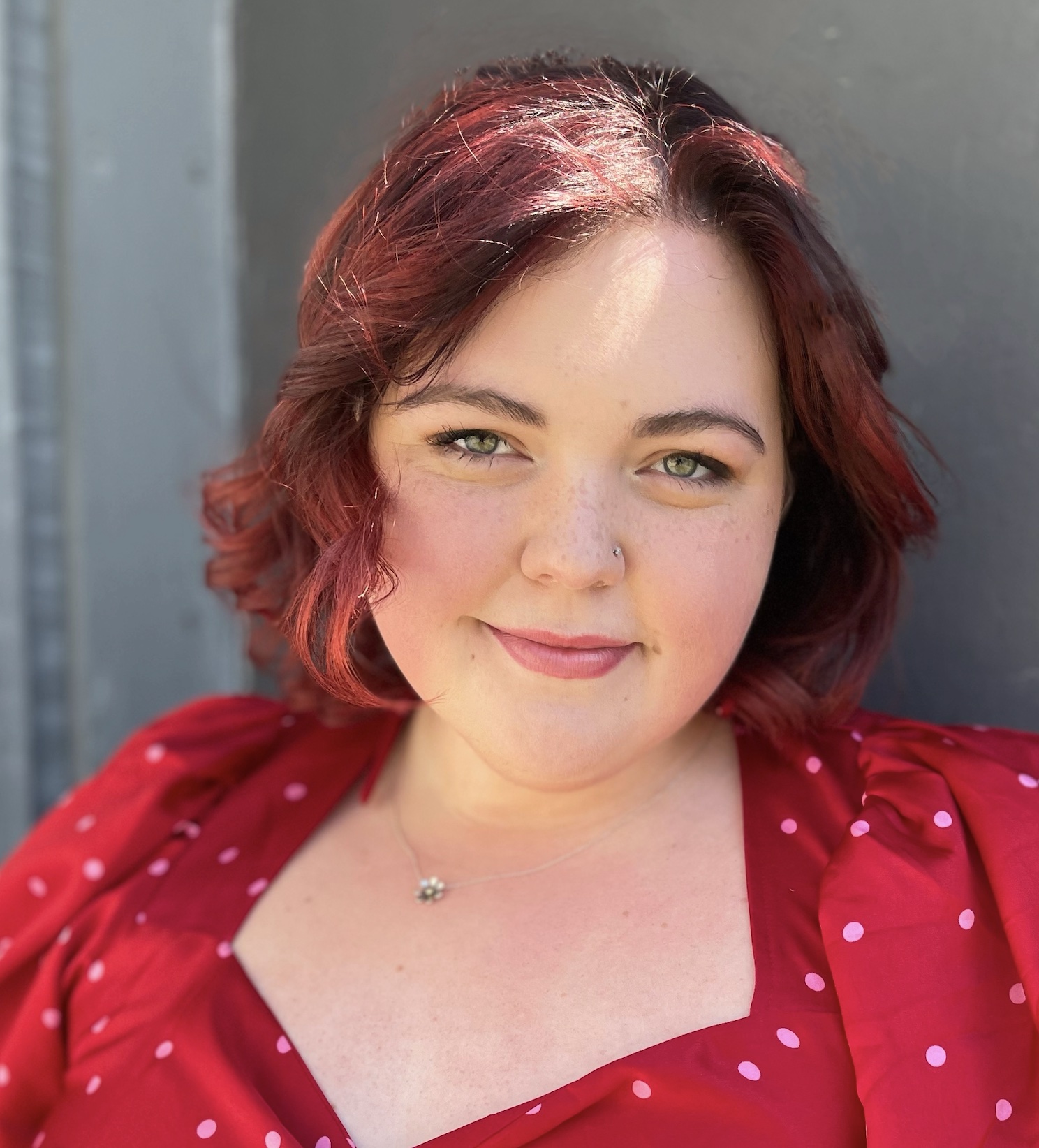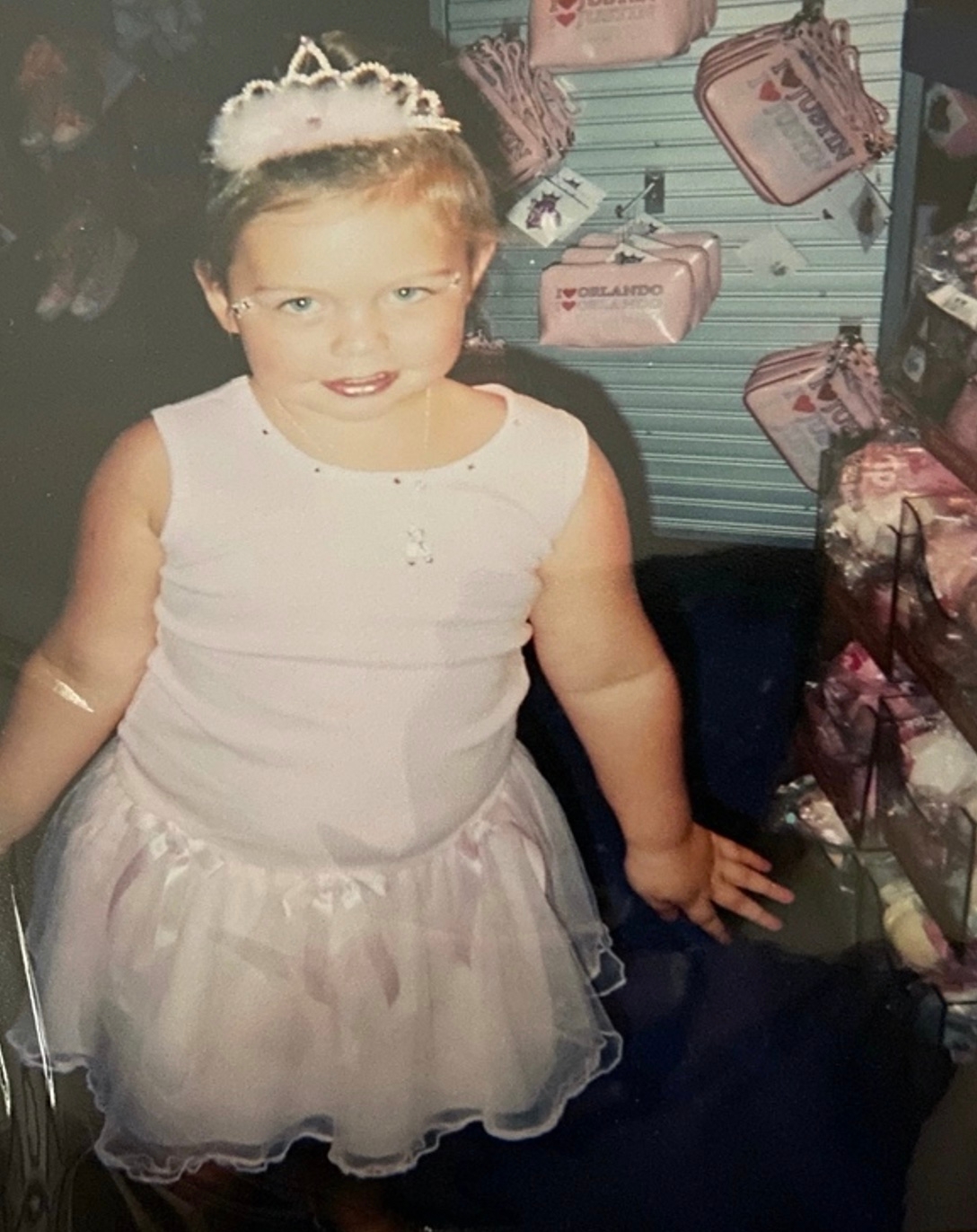Sarah Berry Pierce

Sarah Berry Pierce (She/They) is a New York based theater director and scholar whose work primarily focuses on girlhood, queerness, and fatness. She works to investigate the intersections between fat studies, girlhood, southern studies, and performance studies to ask how the lives of fat girls have been constructed and represented. Originally from Mississippi, Sarah Berry examines the ways theatricality and status quo conceptions of the lives of both fat girls have shaped their unique subjectivity, lived experiences, and social perceptions. She graduated from Vassar College in May of 2022 with Honors in Women’s Studies and Drama, where she directed her senior thesis Our Dear Dead Drug Lord by Alexis Scheer. During their time at Vassar, they did archival research in Paris for their thesis in Women’s Studies entitled “Not Another Cinderella Story: Re-Imagining the Princess Through Camp in Sofia Coppola’s Marie Antoinette (2006).” They hope to use their experiences as a queer, fat girl raised in the South to reorient the ways in which performances are made, studied, and experienced.
Title of Project
She’s Not Like the Other Girls: Queering the Categories and Performances of Fat Girlhood
Description of Project
The examination of the lived experience of girls has become a widely discussed topic in pop culture and academia. In this emergence, fat girlhood has yet to be considered worthy of wide consideration despite its unique embodied position. This project argues that fat girls exist in a separate queer identity and articulates the particular position that girls who cannot fit into their school desks embody. In turn, this project takes an interdisciplinary approach using performance studies, girlhood studies, and fat studies to interrogate the multifarious reality of girls who exist outside of the category of girlhood as we know it. Analyzing the lived embodiment of fat girls through personal narrative, pop cultural representations of fat girls, and the role of heteronormative fatphobia in the construction of girlhood, this paper argues that the experience and social performance of girlhood is differentiated and specifically constructed by fatphobia and the desire to achieve feminine perfection. In turn, this project asks what it means to be a fat girl, how age shifts that identity, and why it is crucial to begin to queer the categories and performances of fatness and girlhood. This paper begins the work of queering fat girlhood to begin to build a world in which young girls, whose stomachs hang and arms flap, might imagine themselves as worthy of their own desires and individual subjecthood.
Areas of Academic Interest
Fatness, Girlhood, Queerness, Theatricality
